On the morning of June 11, at Ha Tinh City Market, the atmosphere of buying and selling was quieter than usual when a series of stalls selling clothes, shoes, accessories, bags, hats, etc. in the market closed and stopped doing business. Some other stalls only opened their doors slightly to sell when customers stopped by to buy.
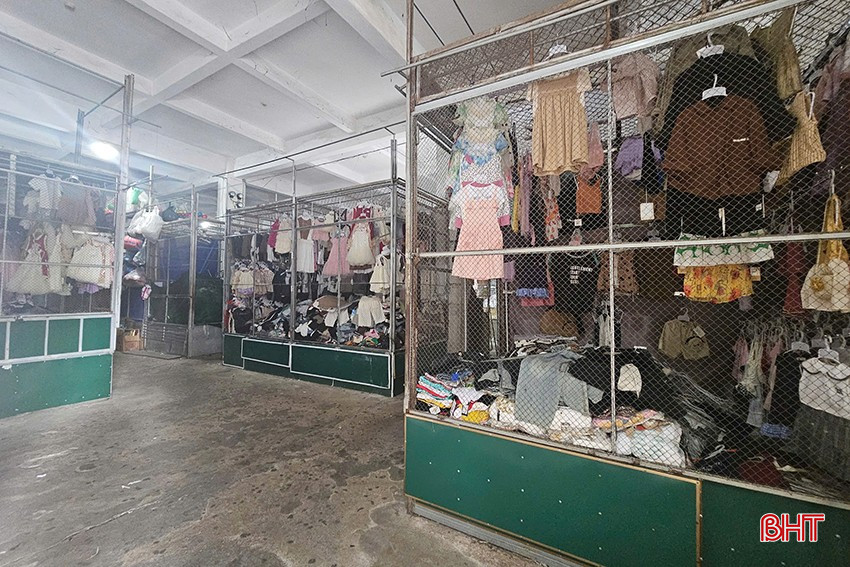
Traders said that the situation of stalls being closed has occurred in recent days because they are worried about the authorities checking invoices and documents of input goods and are confused by the policy of switching from lump-sum tax to tax collection based on actual revenue, issuing electronic invoices generated from cash registers connected to data of tax authorities.
Ms. Nguyen Thi Hoa - a clothing vendor at Ha Tinh City Market expressed: "We agree and are always conscious of complying with the provisions of the law, but because most of the vendors here are old and have difficulty grasping all the information about taxes and technology, even though we know the regulations on issuing electronic invoices, we still do not know how to implement them. In addition, the nature of trading goods in traditional markets makes it difficult to obtain input invoices and documents, so we hope that the relevant authorities will have appropriate implementation and specific instructions so that we can comply with the regulations and ensure long-term business."
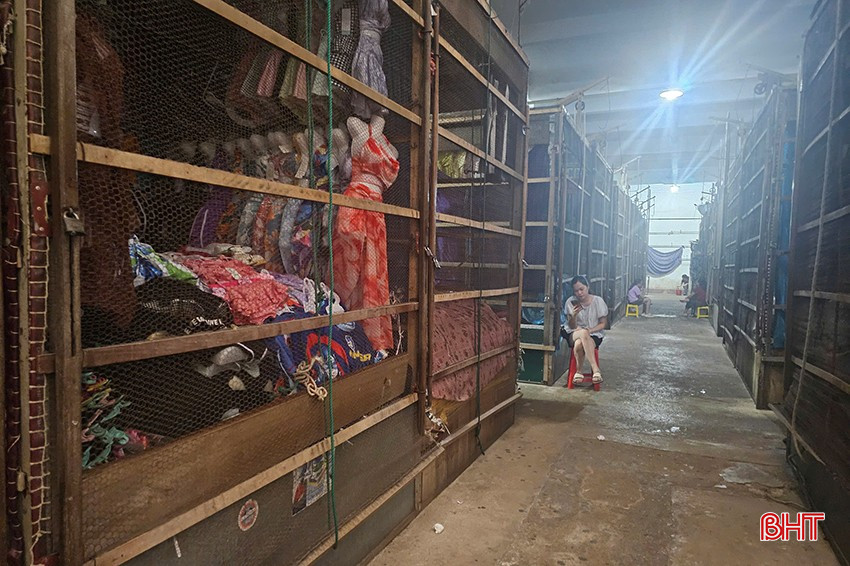
According to traders, trading and importing goods at the market has been done in the traditional way, so invoices are not paid much attention; moreover, goods are imported in small quantities from many sources, so it is difficult to get input invoices and documents. Therefore, traders hope that the authorities will provide specific instructions and have a time and roadmap for implementation.
Ms. Nguyen Thi Thanh - a shoe vendor at Ha Tinh City Market said: “I have been doing business at the market for more than 45 years but have been selling goods in the traditional way, using handwritten invoices, so I really do not understand electronic invoices. Therefore, when applying the new regulations, I am very confused about how to implement them. For example, if goods are sold by pair of sandals, can electronic invoices be made? Or if customers buy and then return the goods, how can the invoices be adjusted? We are very anxious to close the shop and stop selling, but we are also worried about unexpected inspection teams while we have not completed the required procedures, so everyone is afraid of having their goods confiscated.”
Agreeing with the prevention of counterfeit goods, traders also expressed their hope that authorities would inspect and handle violations from production facilities, preventing them from the "source" so that counterfeit goods do not enter the market, especially items that directly affect consumers' health such as: food, functional foods, medicines, etc.
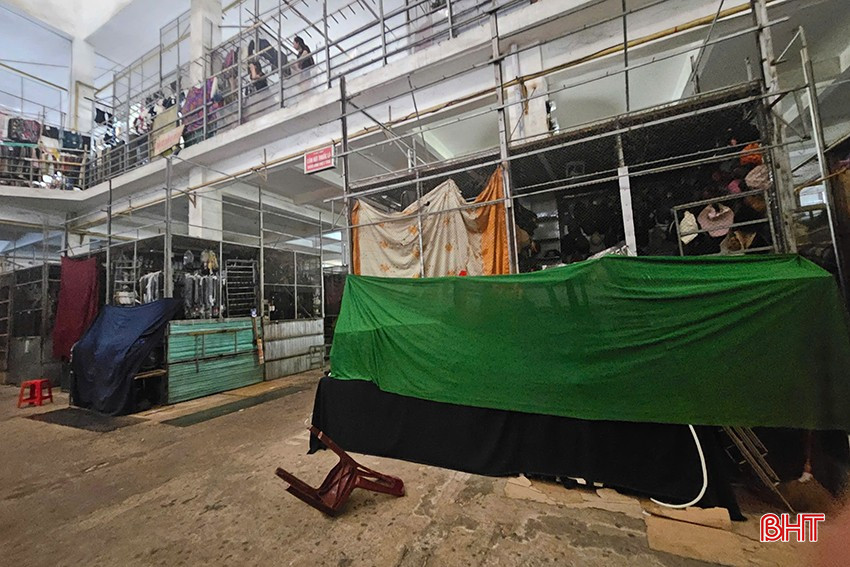
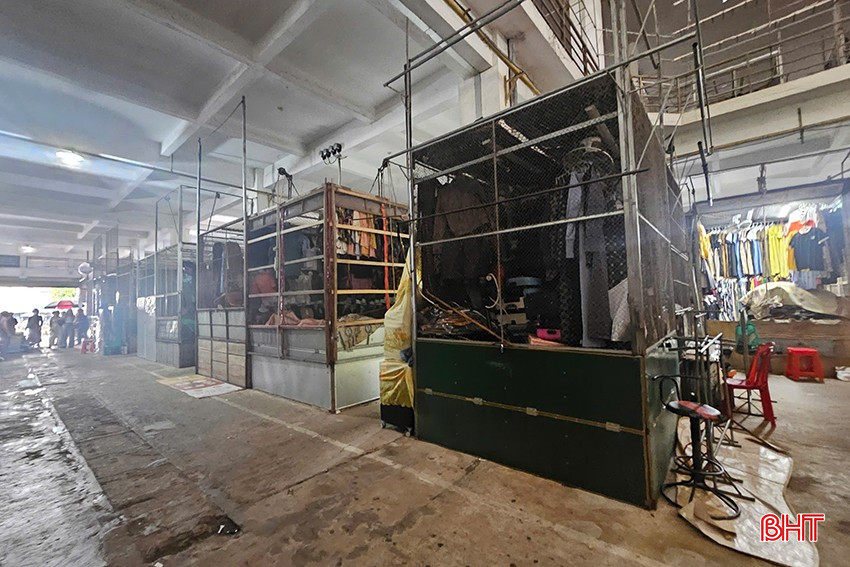
In fact, the fact that small businesses are closed not only affects the income of the business owners themselves but also affects the shopping environment of the people and the development of trade and services in the area.
Faced with the situation of worried traders closing their stalls, the Ha Tinh City Market Management Board has propagated, explained and encouraged businesses to return to normal business to serve the consumption needs of the people, not to share unverified information and to comply with the provisions of the law. Tax officials and market management agencies directly went to the market to propagate, guide and explain to traders to understand and grasp the new provisions of the law.
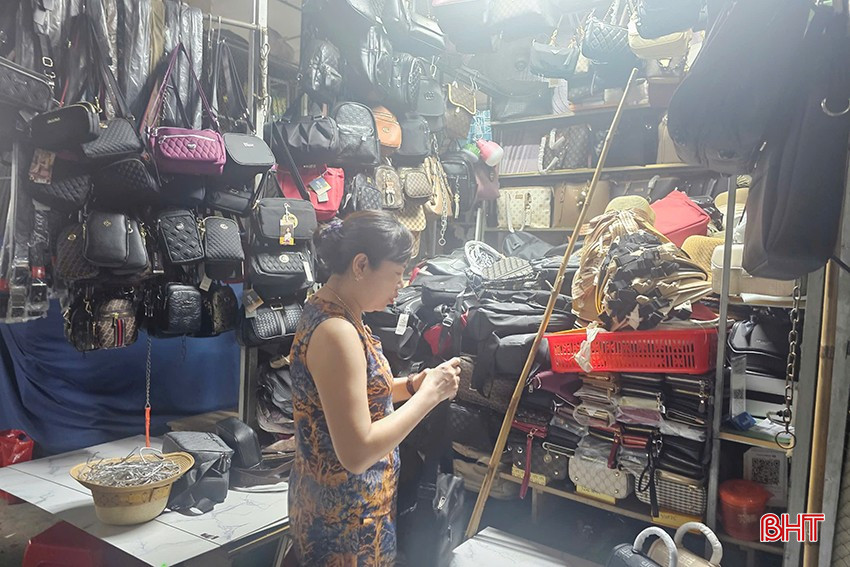
Mr. Nguyen Dinh Khoa - Head of Ha Tinh Market Management Department said: In the past time, the unit has coordinated with functional agencies and local authorities to propagate and mobilize business households to comply with regulations and trade in goods with clear origin. Implementing the directives and telegrams of the Government and the Provincial People's Committee, the force continues to focus on the inspection and handling of smuggled goods, counterfeit goods, counterfeit goods, food and cosmetic products that do not ensure quality, have unknown origin... in accordance with the correct procedures and regulations. At the same time, propagate and guide traders to comply with legal regulations related to taxes, origin of goods, invoices and documents to create a sustainable and safe business environment and accompany businesses, business households and consumers.
Source: https://baohatinh.vn/do-dau-nhieu-quay-hang-o-cho-tp-ha-tinh-dong-cua-tieu-thuong-tam-ngung-kinh-doanh-post289637.html





![[Photo] President Luong Cuong talks on the phone with South Korean President Lee Jae Myung](https://vphoto.vietnam.vn/thumb/1200x675/vietnam/resource/IMAGE/2025/6/13/eee54a4c903f49bda277272b1dda68e8)















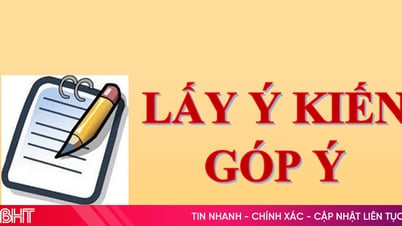




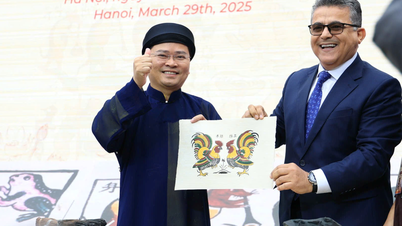













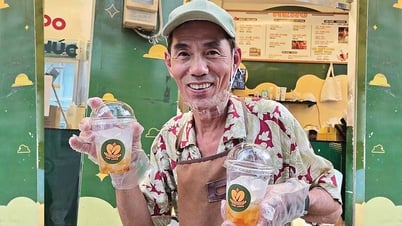



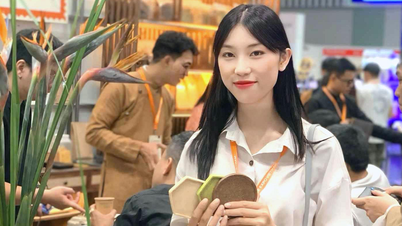















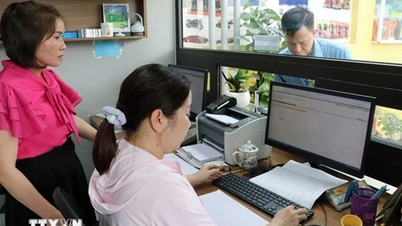











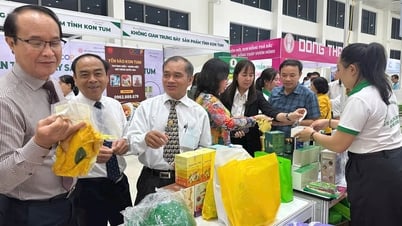


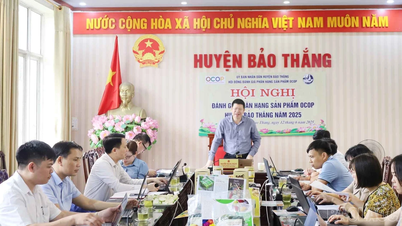



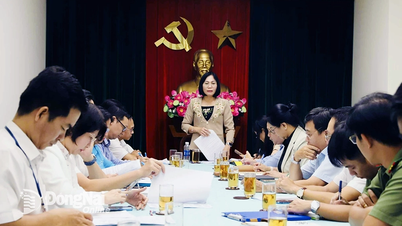
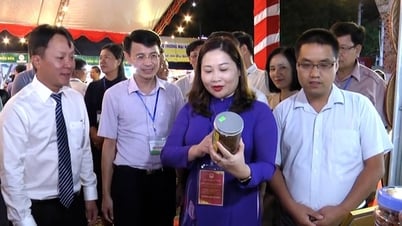

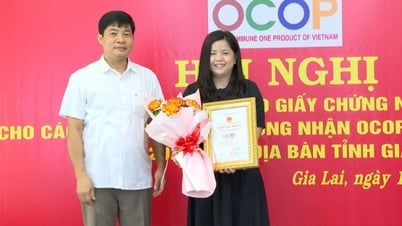






Comment (0)